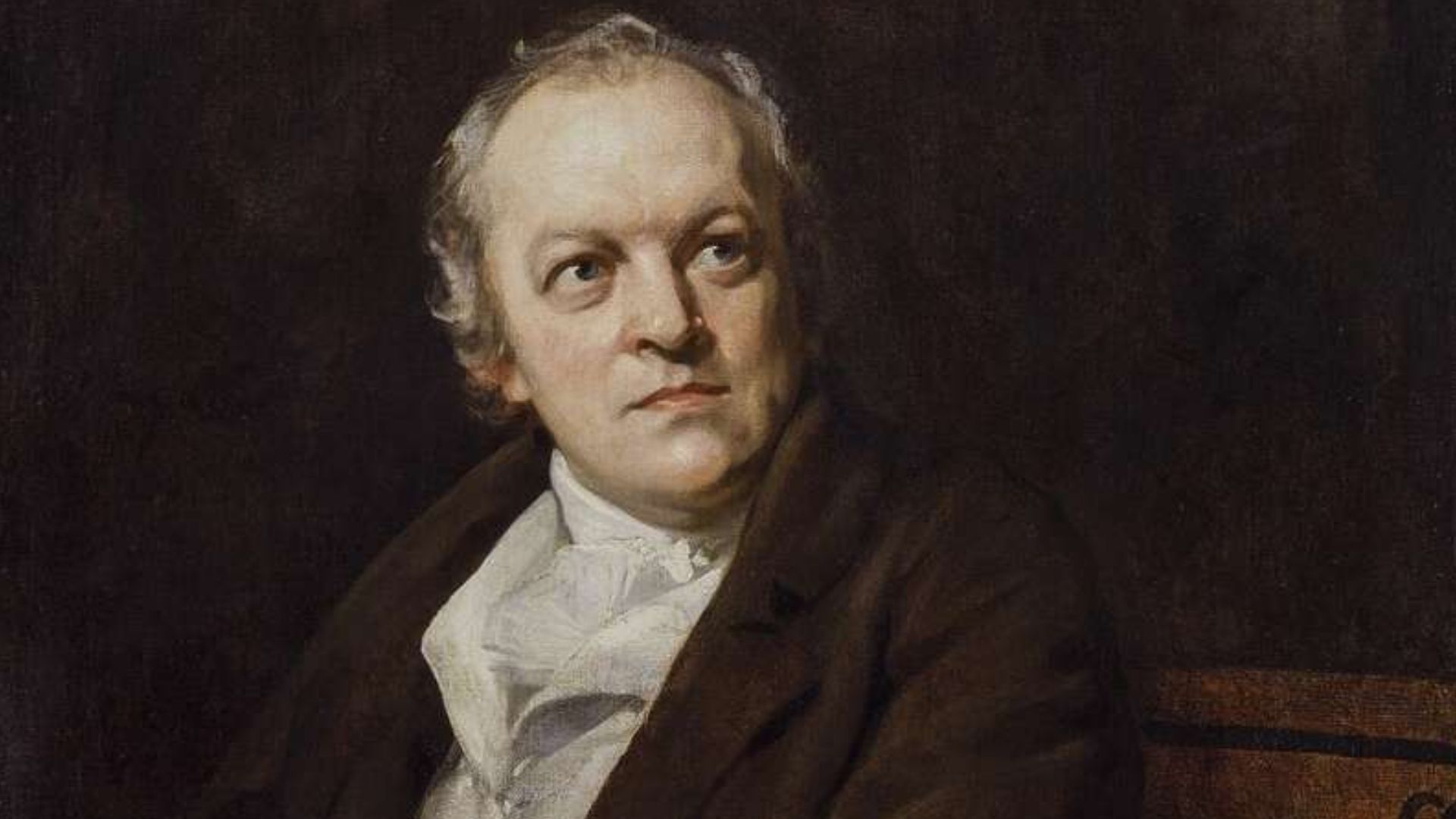Monday, January 13, 2003
Songs Of Innocence: Introduction Comments
Rating: ★2.9
Piping down the valleys wild
Piping songs of pleasant glee
On a cloud I saw a child.
And he laughing said to me.
...
Read full text

In “Introduction” to Songs of Innocence Blake as a poet, playing his simple and innocent music attracts the attention of a muse or spirit that appears to him as a child on a cloud. The child encourages him to play a song about a “Lamb” and being impressed with the musician asks him to dropp his pipe and write a book “that all may read”. In this way the spirit is asking Blake to share his inspiration with a wider audience, an audience that would not depend on his presence to experience the happiness his imagination can bring. Innocence suggests in this case the state of man before the “fall” from grace into the world of knowledge. The book is intended to remind readers of the joy of that innocent state. Blake is appealing to the child in everyone through his poetry. Blake wrote this poem in a simple duple meter. The resulting rhythm is also simple and would certainly appeal to children and remind adults of the simple nursery rhymes they heard in their childhood. In this way Blake hopes to bring his readers back in touch with a simple spiritual innocence. The arrangement of the poem is such that every verse is musically rhythmical to which the readers can tap their feet while reading. Blake also uses the repetitions and variation on the words “pipe and piping” consistently, which provides an attractive sound to the reader’s ears and a memorable alliteration for the poem. For example in the second stanza of this poem Blake uses “pipe and variation on pipe five times. “’Pipe a song about a Lamb.’ So I piped with merry cheer. ‘Piper, pipe that song again’. So I piped; he wept to hear.” – (lines 5 to 8) . These combinations give a sense of quick but smooth movement from one vowel to another to capture the readers, or child’s, attention.